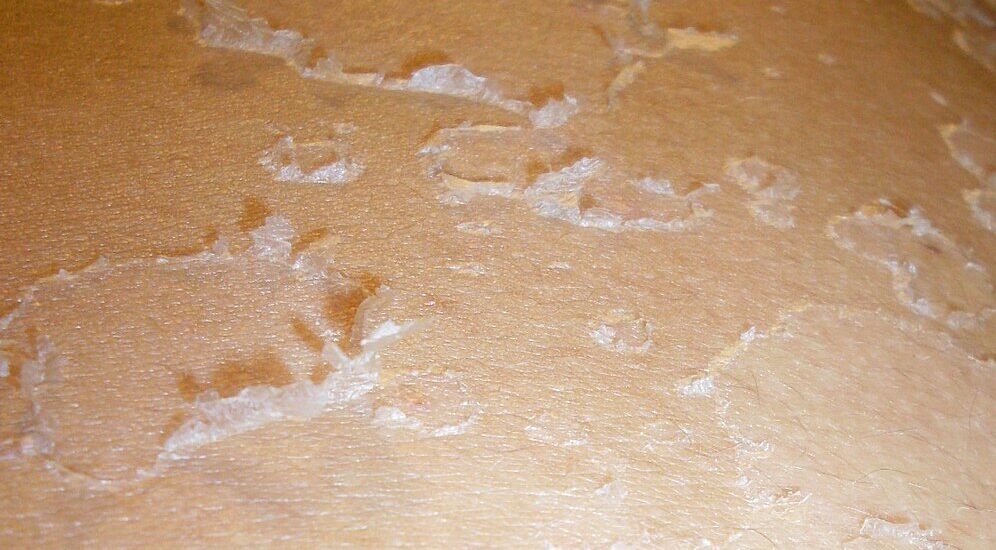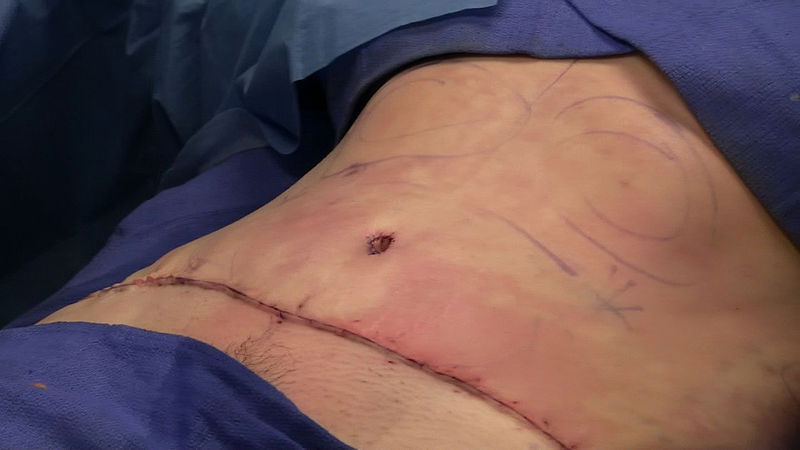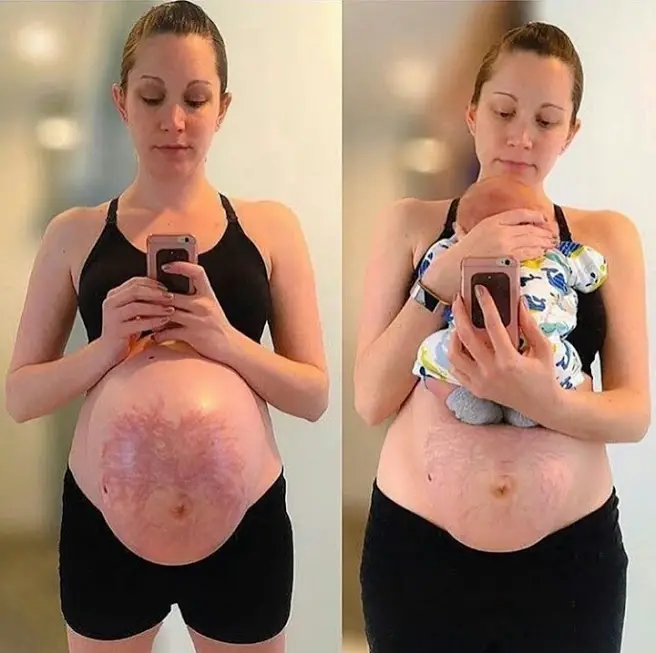If you’re dealing with skin peeling after eczema flare up, you may be filled with questions and concerns. This comprehensive guide will provide clear, step-by-step advice on managing and healing your skin effectively.

Table of Contents
Understanding Why Skin Peels After an Eczema Flare-Up
The skin has multiple layers: the epidermis (outermost layer), dermis, and subcutaneous tissue (innermost layer). During an eczema flare-up, the epidermis becomes inflamed, red, and irritated. This inflammation disrupts the skin’s natural barrier function, leading to increased water loss and dryness.
As the skin tries to repair itself, the damaged cells in the epidermis begin to shed off. This shedding process manifests as peeling skin. It’s crucial to understand this because treating the underlying inflammation can reduce or prevent the peeling.
Is Peeling a Sign of Healing Eczema?
The appearance of peeling skin can evoke mixed feelings. On one hand, it might signify the shedding of damaged skin cells, making way for newer, healthier cells. On the other hand, persistent or excessive peeling may indicate ongoing inflammation or a delayed healing process.
So, while some degree of peeling can be a natural part of the skin’s recovery mechanism, it’s not a definitive indicator of complete healing. Continuous peeling should prompt further investigation and possibly, medical consultation.
How to Get Rid of Skin Peeling After Eczema Flare Up
Managing peeling skin after an eczema flare-up requires a thoughtful approach:
Hydrate: The skin needs moisture to heal. Use an unscented, hypoallergenic moisturizer right after bathing. Choose a moisturizer that is ointment-based, as it tends to be more effective at locking in moisture.
Avoid Scratching: Scratching the peeling skin is not only uncomfortable but also risky. It can open up the skin to bacterial infections. Keep your nails short and clean, and consider wearing gloves at night if you scratch in your sleep.
Use Gentle Skincare Products: Products that are free from alcohol and fragrances are your best bet. Ingredients like alcohol can further dry out the skin, exacerbating the peeling, while fragrances can trigger allergic reactions.
How to Heal Peeling Skin from Eczema
To effectively heal peeling skin, take the following measures:
Clean Gently: Use lukewarm water and a non-irritating, mild soap to clean the affected area. Avoid scrubbing as this can further irritate the skin.
Apply Moisturizer: After washing, apply a thick layer of hypoallergenic moisturizer to the area. For best results, do this within 3 minutes of getting out of the water to lock in maximum moisture.
You can check out this CeraVe PM Facial Moisturizing Lotion from Amazon.
Consider Medicinal Creams: If the peeling is severe, consult with a healthcare provider. They may prescribe a corticosteroid cream or other medication to speed up the healing process and reduce inflammation.
Check out these other related articles…
Discoloration of Skin Due to Eczema: Comprehensive 411 Guide
Bumps on Skin From Eczema: A Comprehensive 411 Guide
Lines on Skin from Eczema: Comprehensive 411 Guide
Red Skin After Eczema: Your Complete Treatment Guide
Can Skin Recover From Eczema: The Ultimate Guide to Healing
Does Skin Discoloration from Eczema Go Away? Detailed Answer
When to Seek Medical Help
If you notice signs of infection, such as pus or increasing redness, or if the peeling doesn’t improve despite following the above steps, it’s crucial to consult a healthcare provider. A medical professional will diagnose your condition accurately and may prescribe medication or other treatments to help you heal more effectively.


